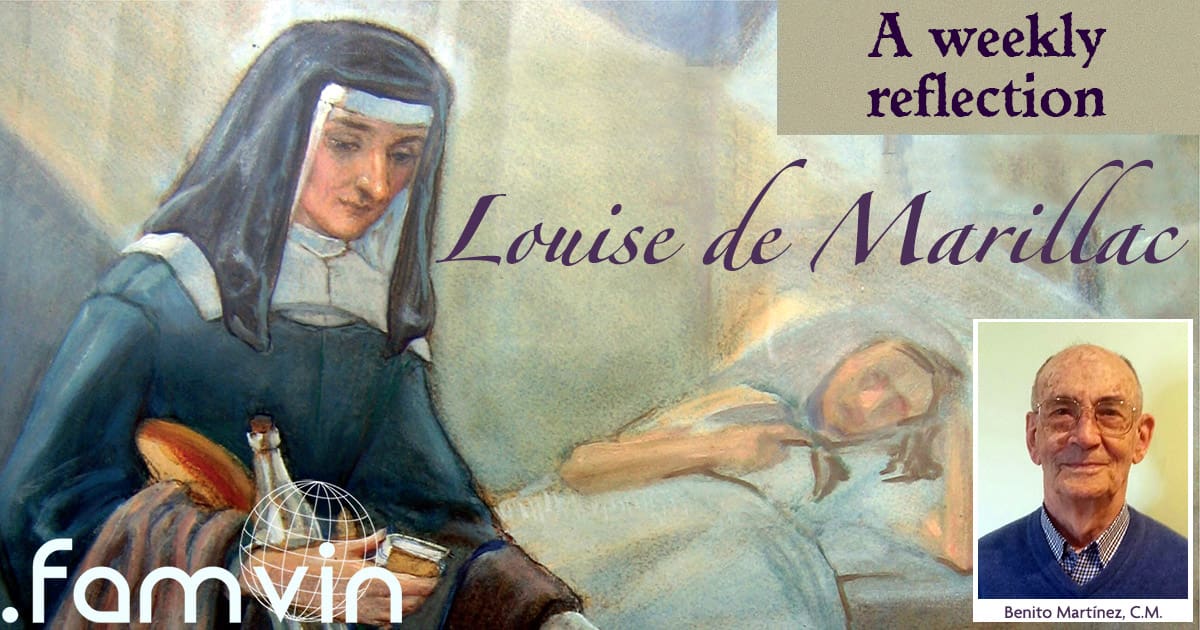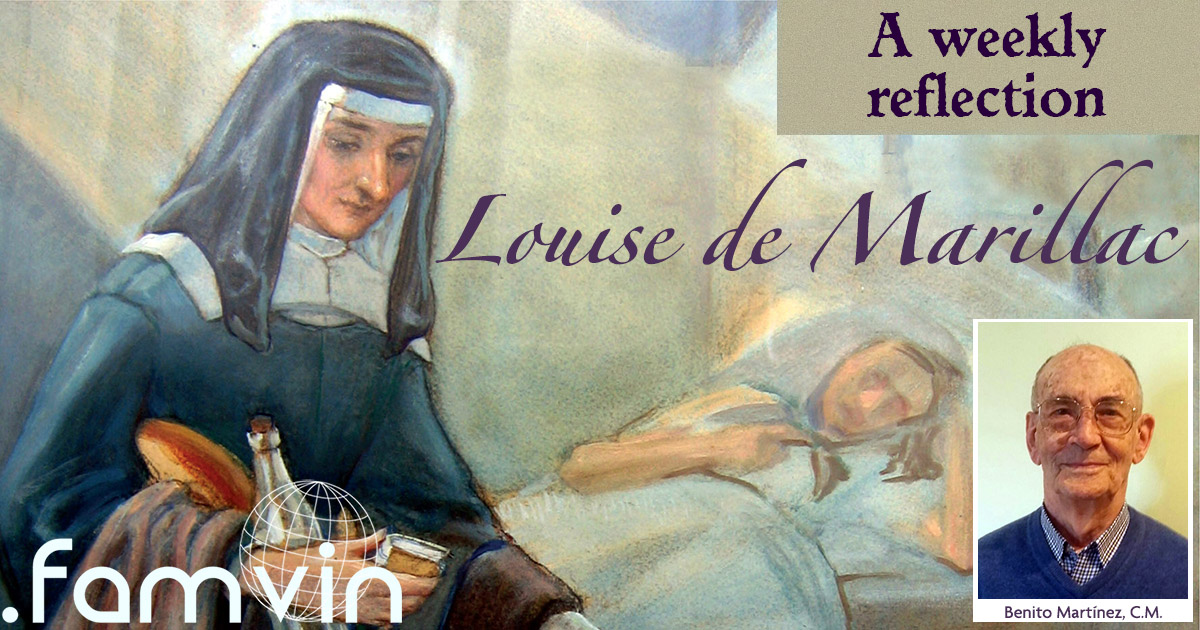The People United Will Never be Defeated • A Weekly Reflection with Louise
“Madame, I feel obliged to inform you that, for the past year, the Daughters of Charity at Chars have been sorely tried for two different reasons, both stemming from the Pastor’s zeal. One I cannot put into writing for you. The other pertains to the stability he wants to establish in this place and which would result in our not being free to change our sisters, as we do everywhere else, in keeping with the conditions we have contracted with you, Madame. The respect we owe to the guidance of Divine Providence with regard to the Company and to the persons who have been inspired by God to make use of it for the service of the poor has prevented us from withdrawing them. For this reason, I am taking the liberty, Madame, of sending you a letter of notification that was given to me and of begging you very humbly to send us yours, which we will willingly follow.”
Louise de Marillac, Letter 535 to Miss Viole, Lady of Herse. When single, Carlota de Ligny, widow in 1634.
Reflection:
- The Daughters of Charity took charge of the Chars Hospital in 1647, at the request of Miss Viole, Lady of Herse, and a Lady of Charity (AIC Volunteer). The title of Miss and Lady were titles of social status. The title of Lady was superior to that of Miss, for it indicated that she owned some territory.
- The parish priest of Chars claimed that, since the Sisters were an association of secular women, it was up to the parish priest to direct them and not to Monsieur Vincent de Paul, who could not move them without his authorization. Saint Louise, however, preferred even to suppress the Society if it did not depend entirely on the Superior General of the Congregation of the Mission, who gave unity to the entire Vincentian Family.
- Certainly, each branch of the Vincentian Family: Volunteers, Vincentian missionaries, Daughters of Charity and Conferences, and others, are institutions totally self-governing and independent of each other, yet they form the same family with the same charism and with the same purpose: to help the poor, material and spiritually, and, from Saint Vincent, they admit the Superior General of the Congregation of the Mission as Superior of the Vincentian Family who presides over the meetings of the Commission formed by those who direct the different branches.
- Has the time come to realize it? Social circumstances favor it. The last General Superiors have insisted on strengthening the union between the different branches of the Vincentian Family, and Pope John Paul II spoke about the shared mission and life of the religious Congregations. Several ecclesial and religious institutions have already been transformed into autonomous and independent institutions in daily life, but united in government and in decision-making bodies.
Questions for dialogue:
- That cry we heard some years ago in Spanish-speaking countries —”the united people will never be defeated”— is it also true today for the Vincentian Family?
- If unity is strength, is it weakening us to live and program each branch on its own? Is it possible to make a single government commission? Is it possible and advantageous to program and work together in favor of the poor?
Benito Martínez, C.M.
Tags: Louise de Marillac








0 Comments